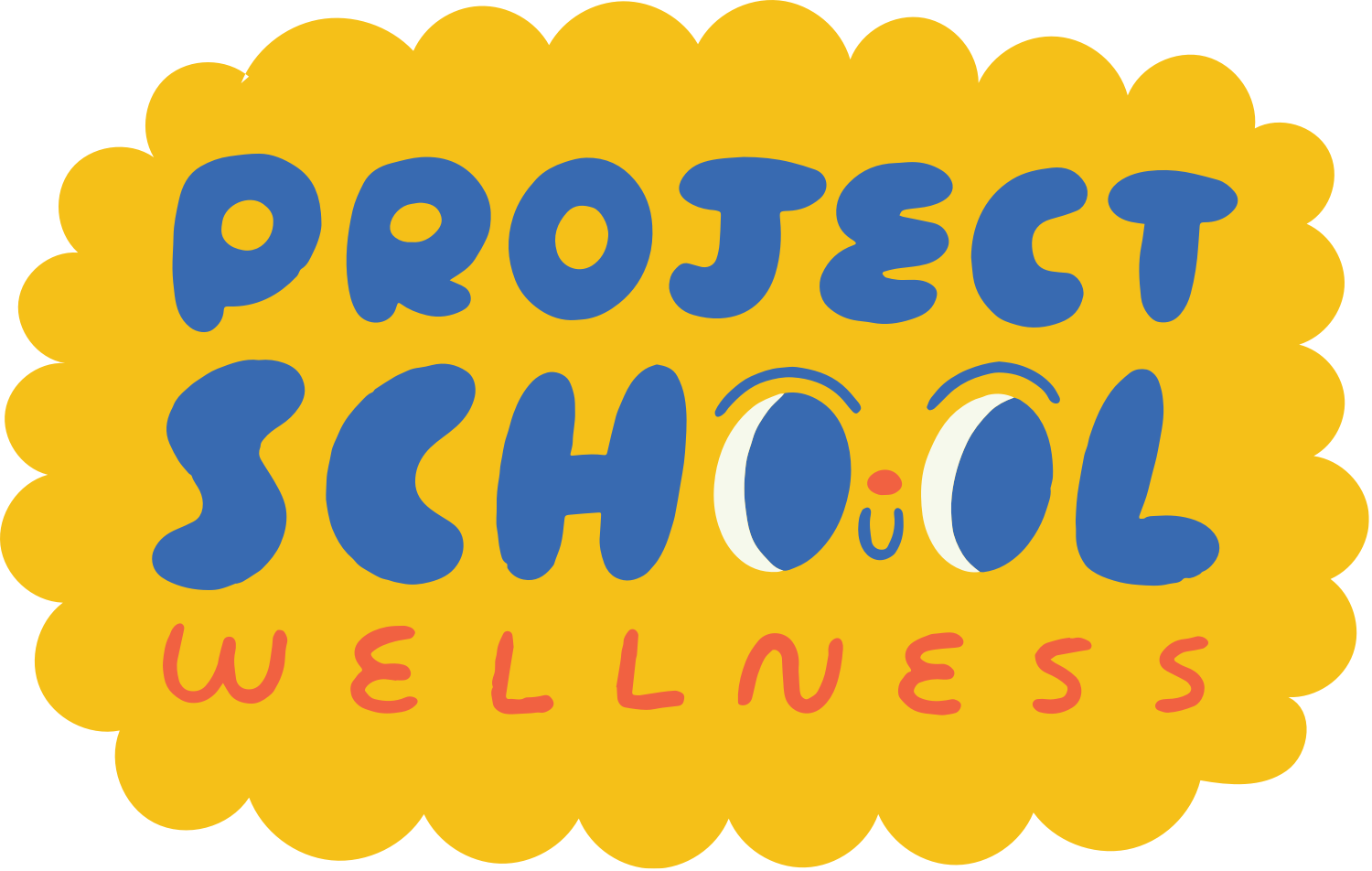Health Education 101: Why Financial Literacy Is Important for Students
10 Reasons To Teach Financial Health
Financial Health Impacts Everything
I wholeheartedly believe that Financial Health should be a fundamental part of every health education experience. Now, I know this may seem a little odd, but hear me out. Money is one of those things that permeates every aspect of life. If we don't know how to manage money (no matter our income level) and don't have access to enough financial resources it can be a huge stressor, deeply impacting well-being.
It can create conflict in relationships. It can deteriorate a person's emotional and mental health. It can motivate people to stay in jobs they hate. It can push people into dangerous and desperate situations. And the stress of all of this can wear down a person's physical body. Simply put, money profoundly impacts well-being (read more).
Wait, But What is Financial Literacy?
The basis of living financially healthy is understanding financial literacy principles. The term financial literacy refers to the skills and knowledge that allow a person to make educated and thoughtful decisions relating to their money.
While there are many skills and pieces of functional knowledge needed to build financial literacy, these are the five I focus on teaching my students: budgeting, giving back, investing, spending wisely, and saving. Practicing these skills on a regular basis helps create financial stability!
10 Reasons Why Financial Literacy is Important for Students
If I haven't convinced you yet, let me quickly share 10 reasons why financial health needs to be a part of your health curriculum.
It's a basic survival need - We need money to survive, therefore, learning how to manage money is a fundamental life skill.
If kids aren't learning it at home, how are they going to learn? And if they are learning it at home, school can help reinforce good behavior.
Financial literacy is relevant and practical, something students will need to practice every day of their lives!
Teaching students how to secure a good salary does not ensure financial health and stability or guarantee that they know how to manage money (it just might mean that they have more margin for error). They have to actually learn the basic skills.
Starting young can help prevent a major financial crisis before it actually happens (especially when it comes to credit cards and building bad debt).
The financial system is actively working to take advantage of financially illiterate people (think credit cards, high-interest loans, etc.).
The stress of financial insecurity is soul-crushing (not an exaggeration).
Financial security plays a key role in empowering people to thrive, as it connects to all of the dimensions of health.
Even though kids aren't financially independent now, one day they will need to be, and they won’t automatically learn financial literacy skills; those skills must be taught and nurtured.
Financial literacy is complex and complicated, and by integrating it into the health curriculum throughout the entire school experience, we can build a lasting foundation.
Moral of the Story: Teach Financial Health
Truthfully, the list could go on and on. But hopefully, I've made a compelling argument not only for why financial literacy education is important but also for why financial health should be an aspect of every comprehensive health education program. If our goal is to empower students to build sustainable health and happiness, becoming financially literate is fundamental.

